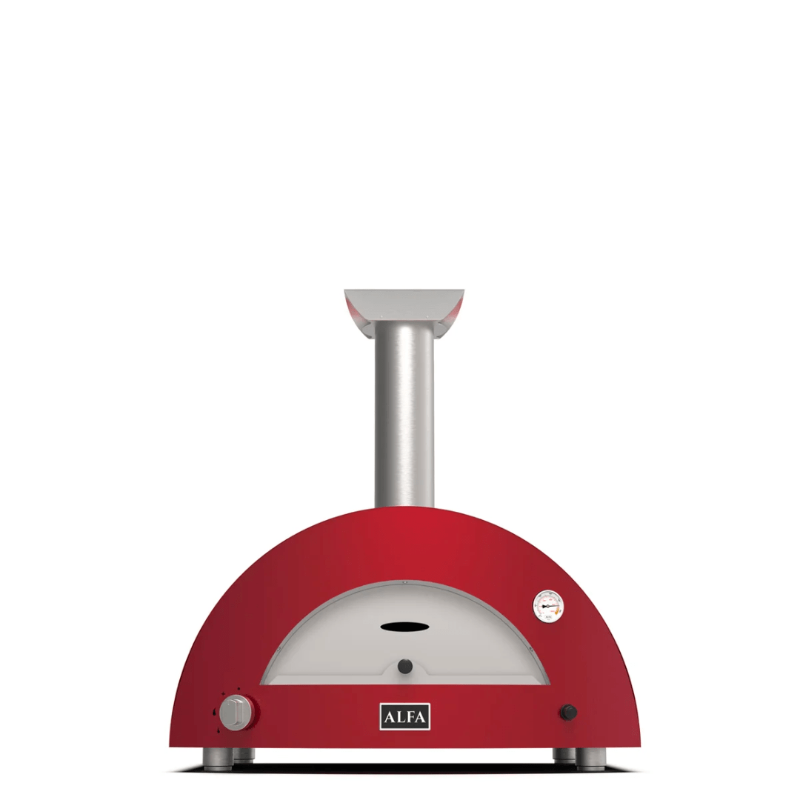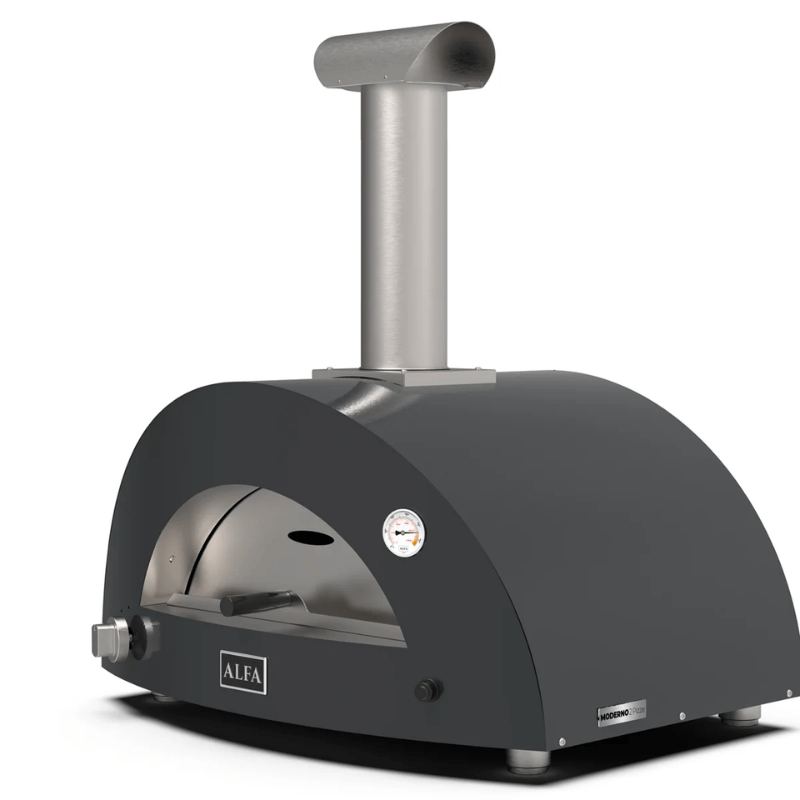Enjoying your patio while keeping it pest-free is essential for an enjoyable outdoor experience. Strategic landscaping can play a pivotal role in maintaining a bug-free environment around your cooking area. By incorporating specific plants and design choices, you can create an inviting space that keeps unwanted visitors at bay.
Maintaining a pest-free outdoor cooking area is crucial for those who love spending time outside. Insects can quickly become a nuisance, detracting from the joy of al fresco dining. Through strategic landscaping and smart design choices, you can minimize the presence of bugs in your outdoor kitchen space. This article will guide you on how to integrate effective solutions like plant placement and waste management, along with home remedies, to enhance your patio's comfort.

Using Plants to Deter Pests Naturally
Plants are not just for aesthetics; they can serve as natural deterrents to pests. Basil, rosemary, and lavender are excellent choices for repelling insects due to their strong scents that many bugs find unpleasant. Incorporating these plants into your landscaping not only adds beauty but also serves a functional purpose by creating a natural barrier against pests
Positioning these pest-repellent plants strategically around your cooking area is essential. For instance, placing pots of basil near dining tables can help keep flies away while adding a delightful aroma to your meals. Similarly, lining pathways with rosemary or lavender not only enhances the visual appeal but also fortifies your defenses against mosquitoes and other pesky insects.
Additionally, consider integrating larger shrubs or hedges that repel pests into your landscape design. These can act as a first line of defense, minimizing the likelihood of insects infiltrating your cooking area. The use of such plants not only supports pest control efforts but also contributes to a cohesive and inviting garden design.
Marigolds and chrysanthemums are also powerful allies in pest control, as they contain natural compounds that repel various insects. Planting these colorful flowers around the perimeter of your outdoor kitchen creates both a beautiful border and an effective pest barrier. These plants are particularly effective against mosquitoes, aphids, and other common garden pests, while adding vibrant splashes of color to your outdoor space.
Effective Waste Management Strategies
Managing waste effectively is crucial in keeping pests at bay. Insects are attracted to food scraps and organic waste, making proper disposal methods vital in preventing infestations. By implementing effective waste management strategies, you can significantly reduce the attraction of bugs to your patio.
Ensure that all food waste is promptly removed from outdoor spaces. Use sealed trash bins to prevent odors from attracting insects, and regularly clean these containers to avoid buildup of debris. Composting can be an eco-friendly alternative, but it must be managed carefully to prevent it from becoming a breeding ground for pests.
Educate yourself on the best practices for storing recyclables and yard waste to deter bugs. For example, keep bins covered and away from direct sunlight to minimize odor production. These measures not only help maintain a cleaner environment but also protect your patio from becoming an insect hotspot.
Consider implementing a two-bin system for your outdoor kitchen - one for immediate food waste and another for recyclables. This organization method helps prevent cross-contamination and makes it easier to maintain a clean environment. Additionally, installing motion-sensor lights near waste disposal areas can help deter nocturnal pests from investigating your bins while making nighttime cleanup more convenient.
Design Choices to Minimize Pest Activity
Your outdoor kitchen's design plays an integral role in preventing pest activity. Utilizing screens, covers, and seals can effectively minimize bug infiltration into cooking areas. Such barriers are essential in creating a comfortable and bug-free environment.
Consider installing mesh screens on windows and doors leading to the patio. These screens allow fresh air to circulate while keeping insects out. Additionally, use covers for grills and food preparation surfaces when not in use to prevent contamination by insects.
Sealing cracks and crevices in outdoor structures is another practical solution to discourage pests from entering your space. Regular maintenance checks can help identify potential entry points for bugs, allowing you to address them promptly and maintain a secure cooking area.

Natural Solutions for Pest Control
If you're looking for natural ways to address minor infestations, there are numerous home remedies available that are safe and effective. However, pests and termites can make their way into your home, but not all home remedies for termites work. Creating solutions with ingredients like vinegar or essential oils can help control pests without harmful chemicals. Integrating such methods into your routine provides an additional layer of protection against bugs.
A simple spray made from vinegar and water can deter ants when applied along entry paths or nests. Essential oils such as peppermint or eucalyptus can be mixed with water and used as a spray around the perimeter of your cooking area to repel mosquitoes naturally.
These DIY solutions are easy to prepare and apply, making them convenient options for homeowners seeking environmentally friendly pest control methods. Incorporating these remedies into your landscaping strategy ensures that you maintain both a safe and pleasant outdoor cooking haven.



















